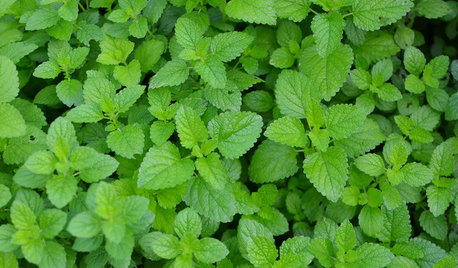Colocasia gigantea and the "Black Magic" strains do not form true tubers, at least not until they are several years old. To store them overwinter, you need to maintain the root ball intact. Canna, Alocasia, Colocasia esculenta, and other species that form underground storage organs are simple to overwinter if you understand the plant biology.
After you dig out the tubers and clean off the debris, they can be stored somewhere cool (35-55F) and dark. A garage or cellar is ideal.
The "tubers" and "rhizomes" store carbohydrates which are converted into sugars for growth. During dormancy, there are no active roots, so water uptake is essentially non-existent. But some moisture is needed to prevent the tubers from desiccation. I have found that tubers kept in boxes filled with regular bark mulch works very well. Air circulation is good, and it can be moistened lightly to keep humidity high without being too wet. If too wet, they will rot. At colder temps, rotting is more likely.
In the spring when you are ready to plant, remember that there are still no roots. At the right temps, the carbs are converted into sugars, and new roots and leaves begin to sprout. Regular watering is still not necessary - just enough to keep the substrate barely moist. Any soil mix with peat is very difficult to get barely moist because the tendency is for peat-based soil to be either too wet or too dry.
When the sprouts begin to unfurl leaves, you can begin to water normally because at this point there are roots present to suck up the water. For most tubers (Colocasia, Alocasia, Canna, Caladium, etc.) it takes about 4-5 weeks of warmth to initiate growth.
Once roots are present, you can drown your plants without worrying. Cannas and Colocasia can be grown as aquatic plants. You can make your own mini-pond by using a large container without drainage holes. Cannas love it. But it must be warm. Cool weather = inactive roots = rot in the presence of too much moisture.
x









arctictropical
Related Professionals
Surprise Landscape Architects & Landscape Designers · Lakewood Landscape Architects & Landscape Designers · Southfield Landscape Architects & Landscape Designers · Waterbury Landscape Contractors · El Segundo Landscape Contractors · Pleasant Prairie Landscape Contractors · West Orange Landscape Contractors · Arnold Carpenters · Hampton General Contractors · Makakilo General Contractors · Modesto General Contractors · New River General Contractors · Oneida General Contractors · Port Huron General Contractors · View Park-Windsor Hills General Contractors